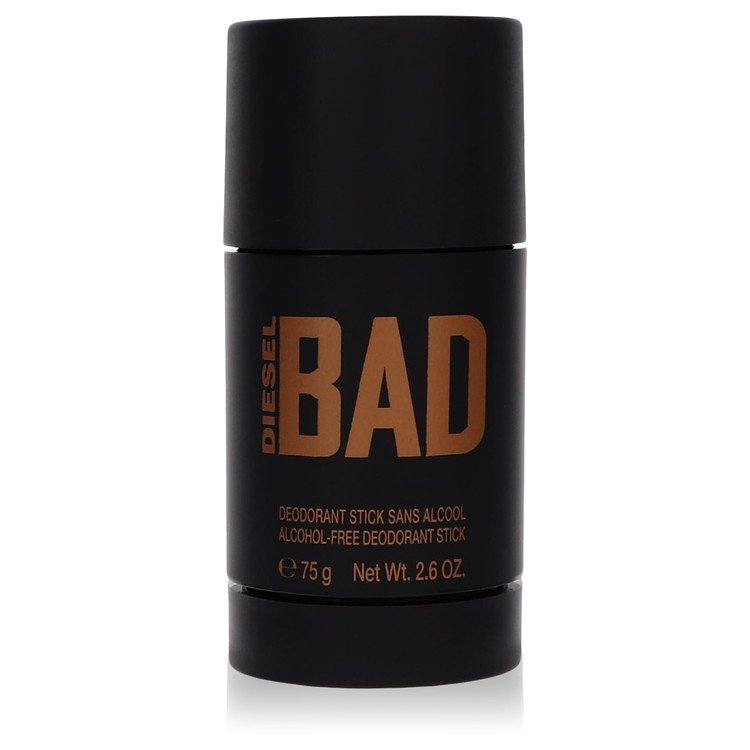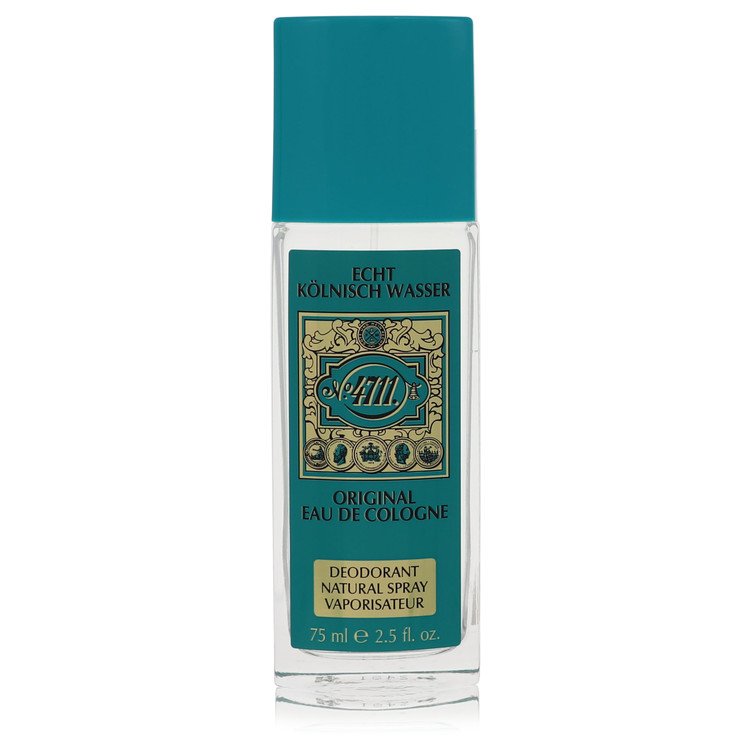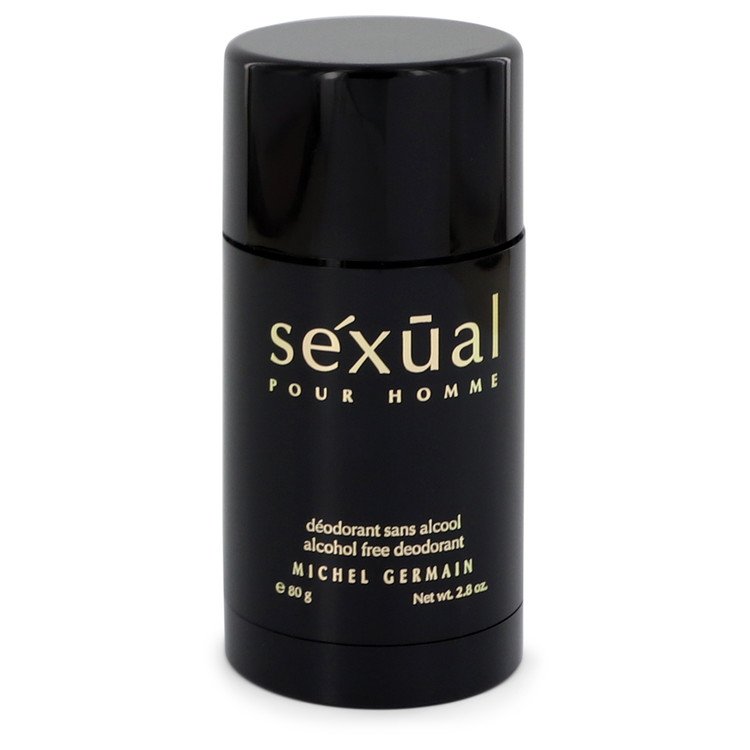Deodorants and antiperspirants are products popular with both men and women. A lot of people believe that both deodorants and antiperspirants are interchangeable; however, they are quite different.
Some countries consider deodorants cosmetics while antiperspirants are considered drugs properly regulated by the food and drug authority.
Both of these products are aimed at stopping odor but their respective methods of achieving that aim differs.
Naturally, the body regulates its temperature by sweating. The sweat is odourless but when it comes in contact with bacteria on your skin, it results in an odor. Many people feel constantly embarrassed by sweat patches on their clothes and the body odor that tends to accompany sweating. These issues are usually fixed by the use of antiperspirants or deodorants.
a. How deodorants work:
Deodorants work by masking the smell that comes with sweating and can even make you smell better depending on the fragrance infused into the deodorant. Typically, deodorants are alcohol-based and they work by creating a more acidic environment on your skin, thereby decreasing the bacteria which cause sweat to smell. From just a closer look at the word, ‘deodorant,’ ‘de’ could mean countering the ‘odor’ in deodorant. So, one can deduce that deodorants are more suited to people concerned about smell.
Risks:
Alcohol is used in deodorants because of its quick drying effect and instant cooling when applied on the skin. However, alcohols like isopropyl alcohol and denatured alcohol can aggravate the skin. These can cause blocked pores, irritation, dryness and discoloration under the arm.
b. How antiperspirants work:
Antiperspirants work by blocking sweat glands, thereby, blocking the accompanying odor from happening. Most antiperspirants also have the extra benefit of working as deodorants and they are usually fragrance infused.
Risks:
Usually, antiperspirants contain aluminum, a metal needed to plug your sweat glands. From the name ‘antiperspirant,’ one can deduce that the ‘anti’ means ‘against’ the perspiration in ‘perspirant.’ This means that antiperspirants are better suited to people whose main concern is sweating.
Pro tip: apply antiperspirant to clean dry skin at night. This will give the antiperspirant enough time to soak into your pores and effectively block the sweat glands. Always allow the antiperspirant to dry before putting on any clothes. Having your bath in the mornings will not stop the effectiveness of the antiperspirant that has soaked into your pores overnight.
You don’t have to be worried about an antiperspirant permanently plugging your pores. Once you wash it off, its protection is over.
c. Health concerns over antiperspirants and deodorants
Both deodorants and antiperspirants may pose a high risk of users developing allergic contact dermatitis (ACD). A study showed that deodorants and antiperspirants are near the top of the list for cosmetics products that cause allergic skin reactions.
Concerns have been raised over a link between the aluminum in antiperspirants and breast cancer. However, experts believe that only a very little amount of aluminum is absorbed and that amount is insufficient to increase the risk of breast cancer.
On the other hand, there is proof that aluminum compounds are endocrine disruptors. This means that they have the potential to mimic hormones and interfere with the body’s hormonal levels or balance.
Also, people with kidney problems or with kidney functions of less than 30% should be wary of aluminum absorption. The kidneys filter aluminum out of the body, so, a weak kidney means that your body cannot filter aluminum out quickly enough. This will lead to accumulation of aluminum in the body alongside its attendant dangers.
Want to shop for deodorants or antiperspirants? Check out some of our carefully selected picks.




